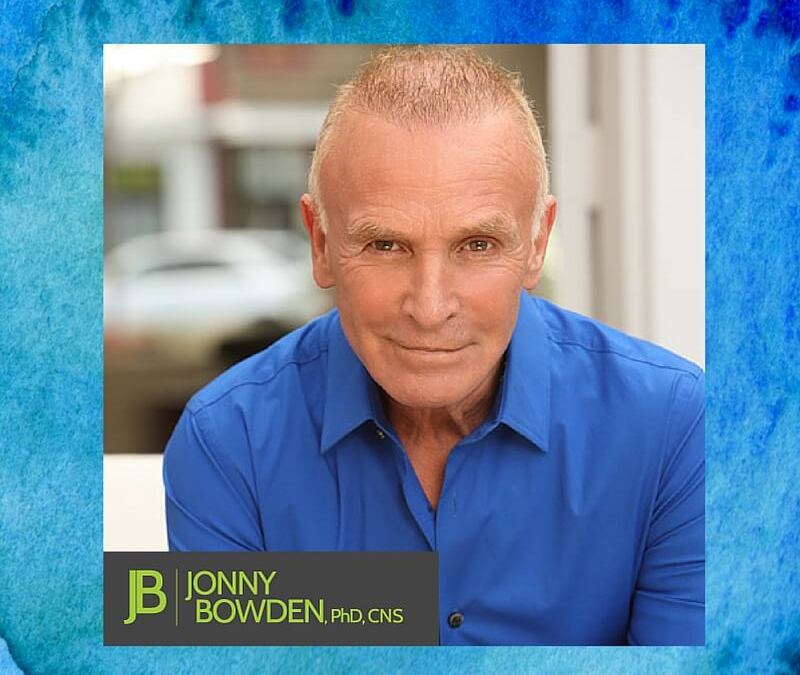My mentor, the late great nutritionist Robert Crayhon, used to say this: “The two great dangers with nutrition are thinking it does everything, and thinking it does nothing”.
The same can be said of exercise.
This article is about exercise. And about weight loss. And about the relationship between the two.
Which, sad to say, is probably a very different relationship than you might think.
Now before we get started, a disclaimer. I exercise regularly. I think you should too, no matter who you are. I think exercise is the greatest anti-aging activity on the planet. And the data are clear: exercise can help with depression, lower the risk for heart disease and cancer, reduce the risk and complications of diabetes. It can even grow new brain cells.
What it can’t do is cause you to lose weight—at least not if you do exercise in the traditional way.
(I told you this was news you didn’t want to hear.)
For every person who managed to make the annual weight loss issue of People magazine, for every healthy guy smilingly holding up an old pair of pants twice the size of Cleveland, for every 100-pound lighter winner of “the Biggest Loser”, there are thousands more who lose, regain, lose, regain, give up and essentially look the same year in and year out. If exercising the traditional way could produce weight loss, we’d be a whole lot skinnier as a nation and those “success” stories would be far more common.
A study in the Journal of the American Medical Association followed the exercise habits of over 34,000 women and concluded that it took about an hour a day of moderate (3mph walking) exercising to maintain weight. This research confirms the findings of the National Weight Control Registry which reports that 90% of people who have successfully lost weight and kept it off exercise on average for an hour a day.
Now that sounds like a lot. But remember that nearly all of this research focuses on moderate intensity exercise like walking. And walking is fine—for all the health benefits mentioned above—but it’s pretty inefficient for weight loss.
A much better and more efficient way to exercise—and one which research is clearly showing works a lot better—is to do high intensity circuit training. Put the beauty bells down and lift some iron. Shorten your rest periods. If you’re doing “aerobics” do some interval training where you sprint for a while then jog to catch your breath. (This is exactly what programs like Metabolic Aftershock do! )
So here’s the strategy:
One: Revamp your diet, concentrating on carbohydrates. Carbohydrates- particularly sugar, soft drinks and starches like potatoes, rice, pasta, bread, cereals and crackers—drive levels of insulin, your “fat storage” hormone, through the roof, which makes it brutally hard to lose body fat. Eat more protein and fat, get your carbs from vegetables and fruits, and eat less of everything.
Two: Exercise regularly, but exercise smart. Increase the intensity and shorten the time. Circuit and interval training are the modalities that have trainers and exercise physiologists the most excited these days when it comes to both health benefits and fat burning. Pay attention—they’re right! (My current favorite exercise program is Jade Teta’s Metabolic Aftershock.)
Three: Recognize that fitness and six-pack abs aren’t the same thing. Exercise for fitness and for health, and to maintain your gains. But don’t expect your morning walk to create a complete body transformation, especially if you don’t take serious aim at your diet.
Eric Ravussin, professor at the Pennington Biomedical Research Center in Baton Rouge, LA and an expert on weight loss put it best: “In general, exercise by itself is pretty useless for weight loss”.
That’s certainly true—if you’re doing exercise in the conventional way.
But with a brilliantly designed, scientifically based, high-intensity interval program like Metabolic Aftershock—which takes just 15 minutes three times a week—it’s a whole different story. Combine that program with a controlled carbohydrate diet like New You in 22, and you’ll be on your way to a body—and a state of health—that you’ll be proud of for the rest of your life.







It was such a struggle losing weight and keeping it off with my busy lifestyle. NY22 (Dr. Bowden) and MA (Dr. Teta) taught me that more (exercise) is not always better and that diet, sleep, stress and toxin reduction are just as important as the right type and amount of exercise. 19 pounds lighter and several inches smaller after some 3 months, I have to agree. I am still on the NY22 nutritional plan and on round 2 of MA. Thanks, gentlemen.